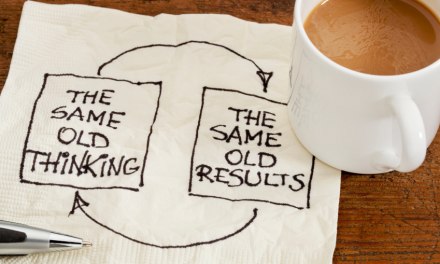Unless you watched the family’s reality TV show (2002-2005), you might not be familiar with the subject of the linked article — it’s Kelly Osbourne, daughter of famed “heavy metal” musician Ozzy.
She’s been through rehabs seven different times, and wants to share her observations. There are too many to address here, so I’ll make this Part One of two. First, a link to the original article:
Kelly Osbourne says her first rehab stint was like ‘university on how to be a better drug addict’
Osbourne begins with the claim that rehab patients easily manipulate program staff into giving them additional medication (presumably the kind that isn’t really needed). All you need to do, she reports, is to threaten to sign out of the program.
“People,” she claims, “threatened to leave until they got given what they wanted, whether it be Ambien for sleep, Valium for nerves…” I’ve seen that happen too. She assumes, however, that the nurse acquiesces simply because the program’s priority is to get paid, and the program doesn’t want to lose the income.
In reality, things may not be that simple. I’d bring another element into play: liability. The legal sort.
For instance: Suppose a patient does sign out of rehab, against advice, complaining of withdrawal, insisting they’re in desperate need of more medication that the nurse refuses to give them.
What’s this same patient most likely to do after leaving the program? Often on the way home, in fact. Find some drugs, naturally, and take them.
Could be there’s still something left in the stash at home. Or the patient knows someone willing to sell them dope on short notice. Face it: it’s just not that difficult to get drugs, for someone who knows how to go about it.
I imagine most rehab patients could manage it, if necessary. Without much trouble at all.
Now, suppose that the drugs they obtain happen to contain fentanyl, or xylazine, or ketamine, or some other potent synthetic known to increase risk for overdose. The patient may not even know the synthetic is present, right? Or perhaps, at that moment, the patient may not care too much. Priority One, for them, is simply to get drugs into their system as quickly as possible.
It’s a recipe for a bad outcome.
I’ve seen research that suggests that persons only recently clean and sober — perhaps for the first time in who knows how long — are actually at elevated risk for an OD, due to a decline in their drug tolerance based in their brief abstinence. In other words, they’re even more vulnerable to OD than when they were using on a regular basis.
These are issues that the addicted person may not take into consideration, in their rush to get the drug. But healthcare professionals, and their attorneys, do consider them.
It’s akin to the issues that can arise when a severely intoxicated person wanders into the Emergency Room. The person may not meet criteria for admission to a hospital bed, but neither can the physician safely release them to the streets (or to a vehicle that awaits in the parking lot).
ER staff will often choose the least risky path. Admit the individual, even if overnight, knowing the same person is likely to, as the saying goes, “wake up, throw up, and sign out.”
Now take the nurse, tasked with dispensing meds in Detox. She has access to a PRN medication, usually a sedative-hypnotic, that she can use if she feels the situation merits. She may suspect that the patient is mostly just drug-seeking, but she’s forced to consider the possible consequences if they make good on the threat.
So she administers the PRN sedative, the moment passes, the crisis averted. The manipulative behavior, meanwhile, can be addressed the next day, in counseling.
In a sense, she’s protecting the patient from making a genuinely foolish decision — one they may not live to regret.
Anyway, that’s another way to look at it. Less obvious to a patient, perhaps, but very real.













